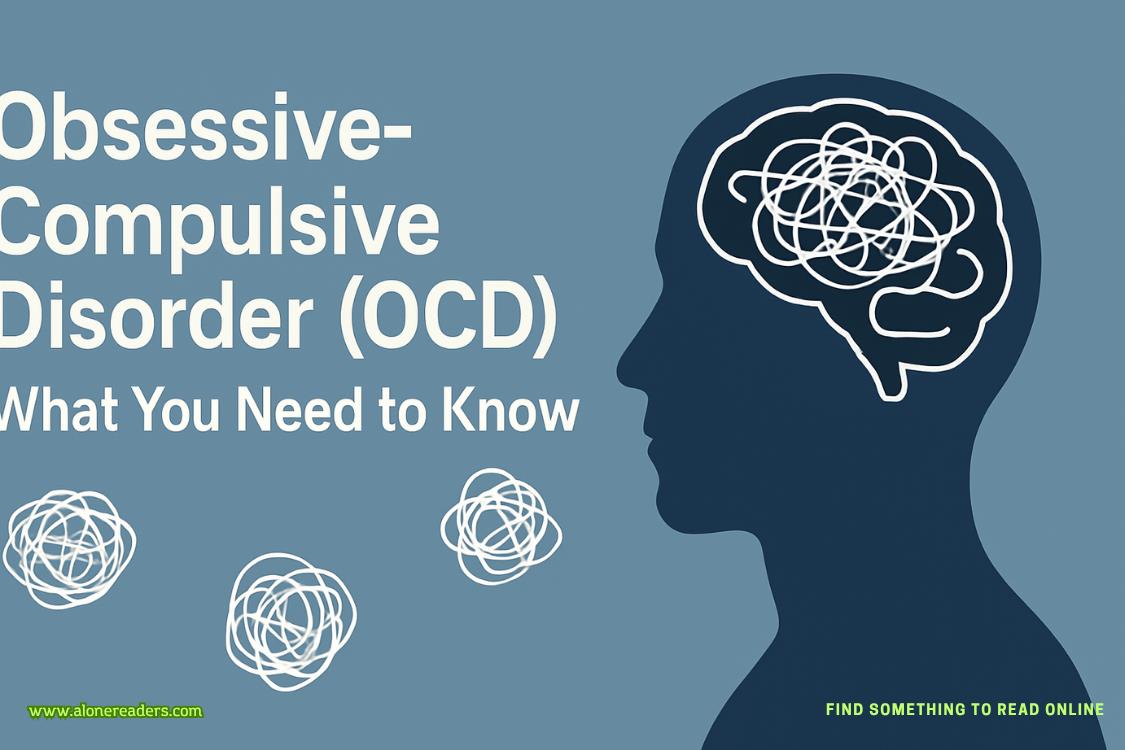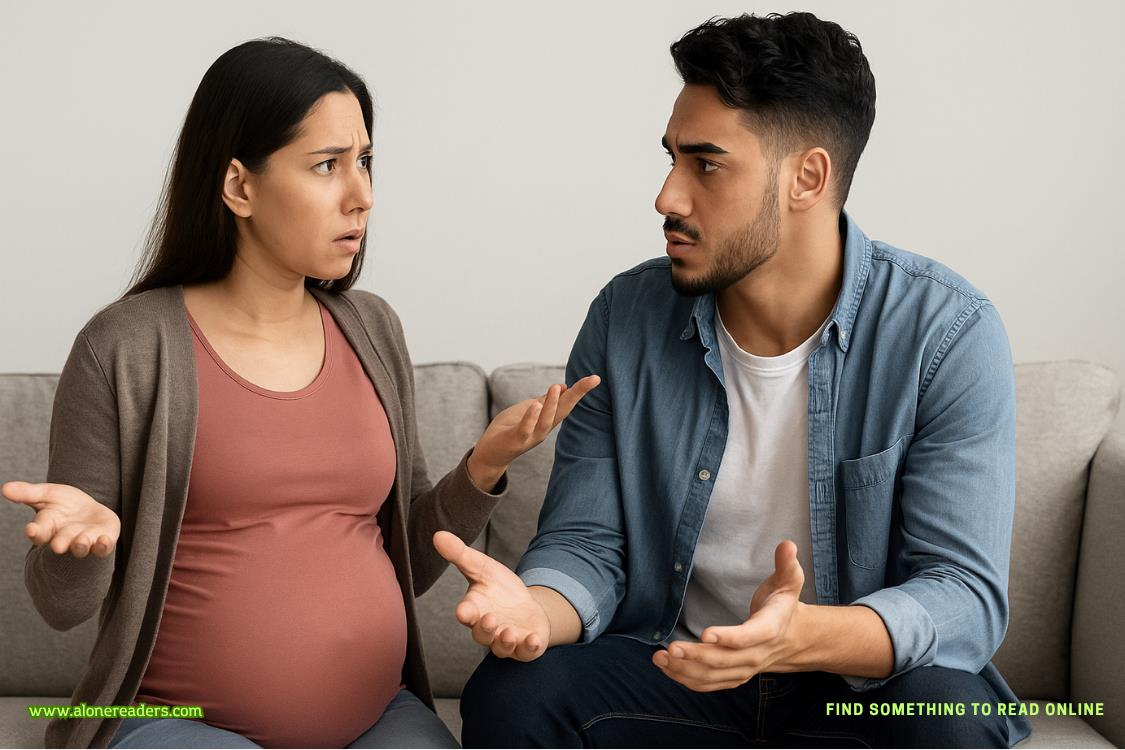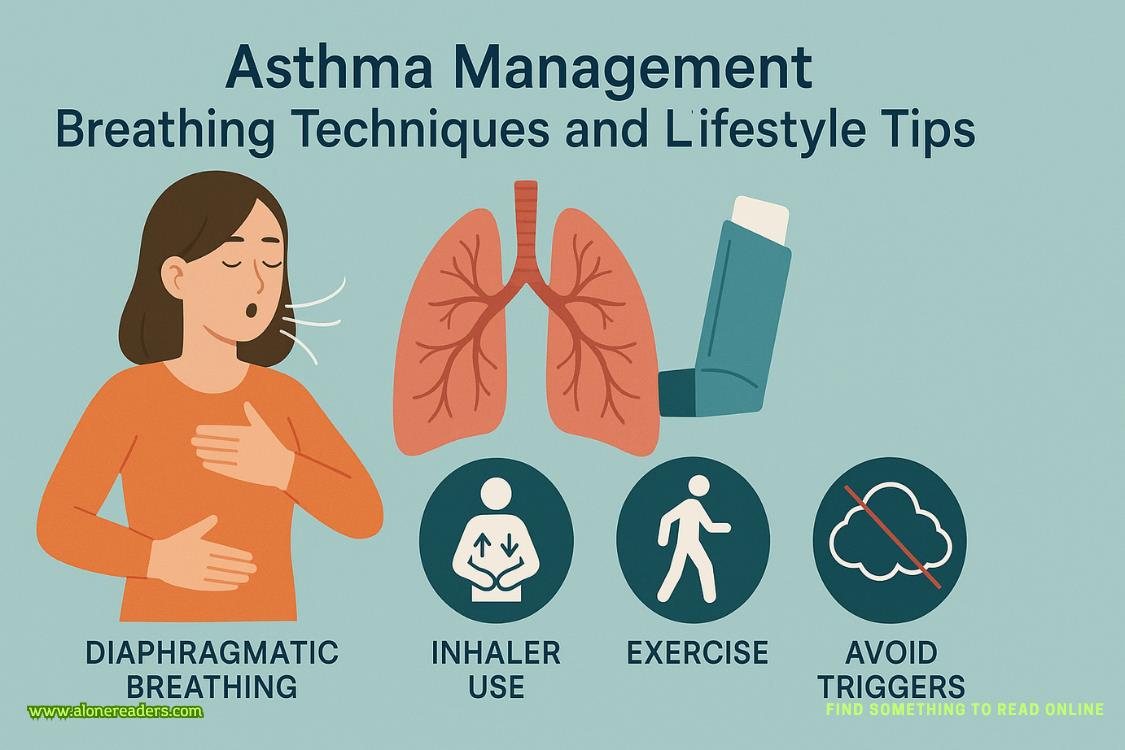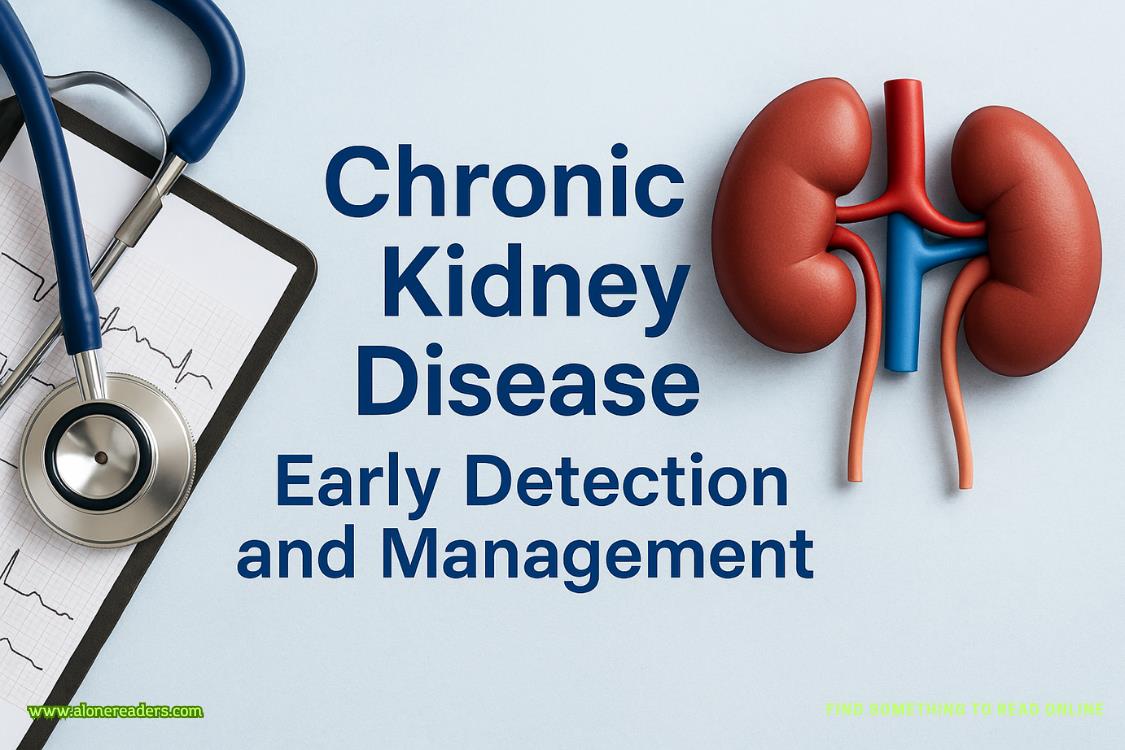I wondered if ex-girlfriend Amy was still lurking around, abusing her mistaken status as “family.” But the captain didn’t mention her.
I didn’t hear much from the guys. Let’s just say heartache wasn’t exactly their area.
Those first days back home, banished from the hospital, melted into a blur of sleeplessness. And worry. And anger.
And utter, agonized dismay at the rubble around me.
I wanted to shut myself up in my room and lock the door and stop eating and curl up on the bed in a fetal position.
I wanted to—but to my credit, I didn’t. When Diana came in to sit by me, I didn’t send her away. When Josie showed up with a homemade smoothie, I took a few sips. I’d tried coping in isolation before, and I knew firsthand that it didn’t work.
I felt desperate, restless, lost. I needed to help, but there was nothing to do. I needed to move, but there was nowhere to go. I was more exhausted than I’ve ever been, but I couldn’t rest.
When Diana and Josie had crochet club, I made myself go sit near them.
They wanted to get to the bottom of what had happened at the fire. They wanted to figure out why a seasoned guy like DeStasio would have put us all in danger like that—and why he would lie about it afterward. They pieced clues together and analyzed details and floated theories. I participated, but in a strange, detached way—talking, and answering questions, and providing clues, but only halfheartedly, as if I were in shock. It all mattered, I supposed, but nothing really mattered until I knew Owen was okay.
Still, we now had a pretty good theory on who my stalker had been. I just didn’t exactly have the energy to care.
It was all I could do to stay away from the hospital.
A WEEK WENTby.
I stayed home. I updated my charts on Owen’s health. I waited for texts. I slept late and stayed up late, worrying too hard to fall asleep.
Then, on Friday, my mom had a doctor’s appointment. A checkup.
And she insisted she needed me to go with her.
“I can’t,” I said, shaking my head.
“You can,” she said. “And you will.”
I hadn’t showered in a week. “I’m useless.”
“Look,” she said, “if you don’t drive me, I’m not going.”
Well played.
I drove her. It was time for Diana to get a scan to see how she was doing, and Diana resented it like hell. “There’s no point,” she said in the waiting room.
“We have to know your status,” I said. “We need to know what’s going on.”
“Why?” she asked. “Why do we need to know that?”
Why did anybody need to know anything? “Because we do.”
“This is a waste of a whole morning,” she said.
“It’s going to give us critical information about what’s going on with you.”
“Critical, how? Is there even a possibility that we’ll do anything differently?”
There was a possibility, I figured. It was possible that hearing how much the tumor had grown would inspire her to consent to experimental treatments. A little fear could be very motivational. And then it would also be possible that one of those treatments might buy her some time.
I couldn’t help but root for that, now, after spending all these months with her. Was it wrong to want a little more time, even if there weredownsides? Maybe it was selfish. She had chosen quality of life over quantity with no hesitation. In theory, it made sense. In practice, I just wanted her to hang on as long as she could.
“They bought all those big fancy machines,” she said, “and now they have to find a way to pay for them.”















